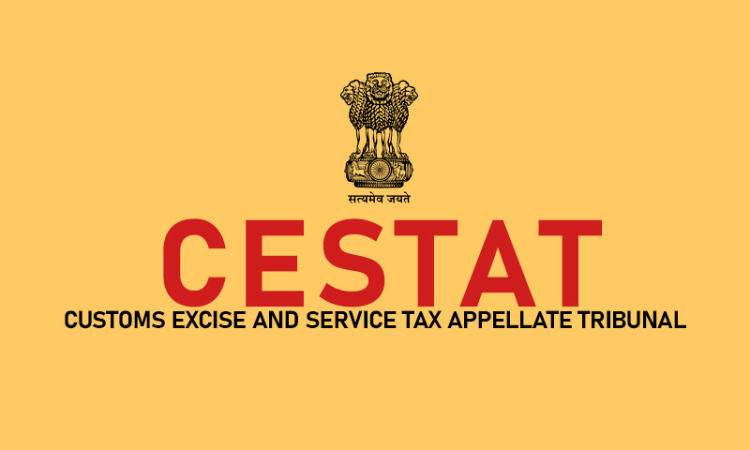The Ahmedabad Bench of Customs, Excise, and Service Tax Appellate Tribunal (CESTAT) has held that cenvat credit cannot be denied for the non-mentioning of service tax registration in the invoice.The bench of Ramesh Nair (Judicial Member) and C. L. Mahar (Technical Member) has observed that the entire basis for denial of cenvat credit is wrong and the credit was wrongly denied. The...

